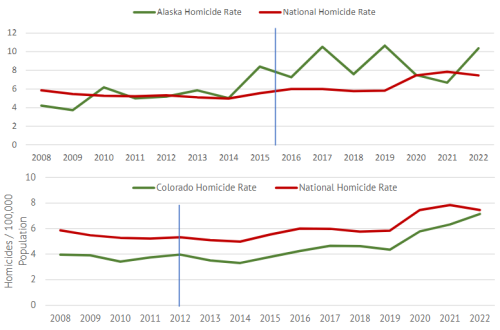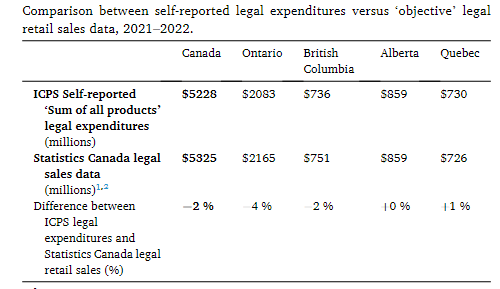Drug Policy Question of the Week – 6-6-10
As answered by Mary Jane Borden, Editor of Drug War Facts for the Drug Truth Network on 6-6-10. http://www.drugtruth.net/cms/node/2927
Question of the Week: What makes drug policy a human rights issue?
Let’s first count the numbers. In its “Prisoners in 2008” report, the Bureau of Justice Statistics estimated that the number of inmates in federal, state, and local prisons or jails totaled 2.3 million in 2008. Of the 1.3 million inmates held solely under state jurisdiction, roughly 20% or 266,000 were incarcerated because of drug sentences, and of those prisoners, a remarkable two thirds or 173,000 were black or Hispanic.
Despite the punishment of prison, those processed through the criminal justice system in the United States may also lose a fundamental right supposedly accorded to all citizens – the right to vote. A March 2010 report from the Sentencing Project estimated that,
“5.3 million Americans, or one in forty-one adults, have currently or permanently lost their voting rights as a result of a felony conviction.”
The Sentencing Project predicts,
“Given current rates of incarceration, three in ten of the next generation of black men can expect to be disenfranchised at some point in their lifetime. In states that disenfranchise ex-offenders, as many as 40% of black men may permanently lose their right to vote.”
The 2010 report, “Death Penalty for Drug Offences,” from the International Harm Reduction Association examined another important human rights issue. The report placed the United States among the 58 countries worldwide that maintain laws prescribing the death penalty for drug offences. The IHRA stated that in some countries,
“drug offenders make up a significant portion – if not the outright majority – of those executed each year.”
The IHRA concluded,
“The death penalty for drug offences is an issue of considerable human rights concern, one demanding the attention of abolitionists, harm reductionists and drug policy reformers alike.”
These facts and others like them come from the Prisons and Jails and the Civil Rights chapters of Drug War Facts.



